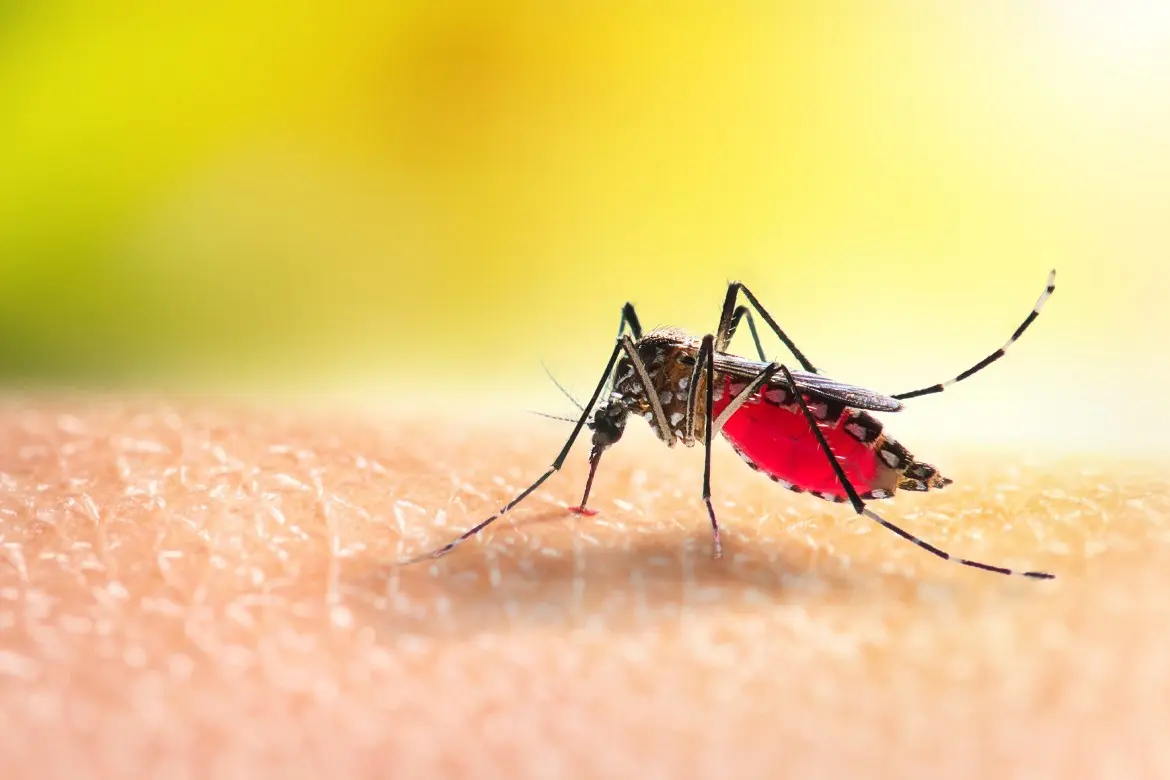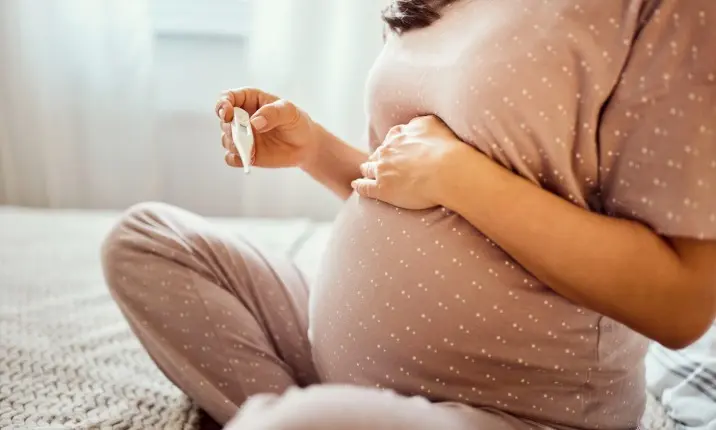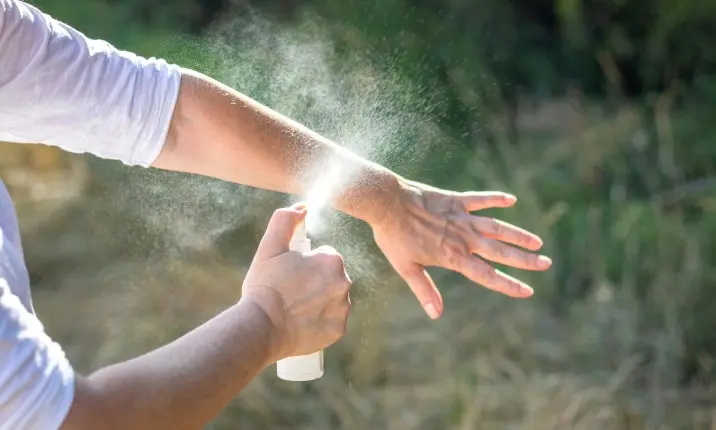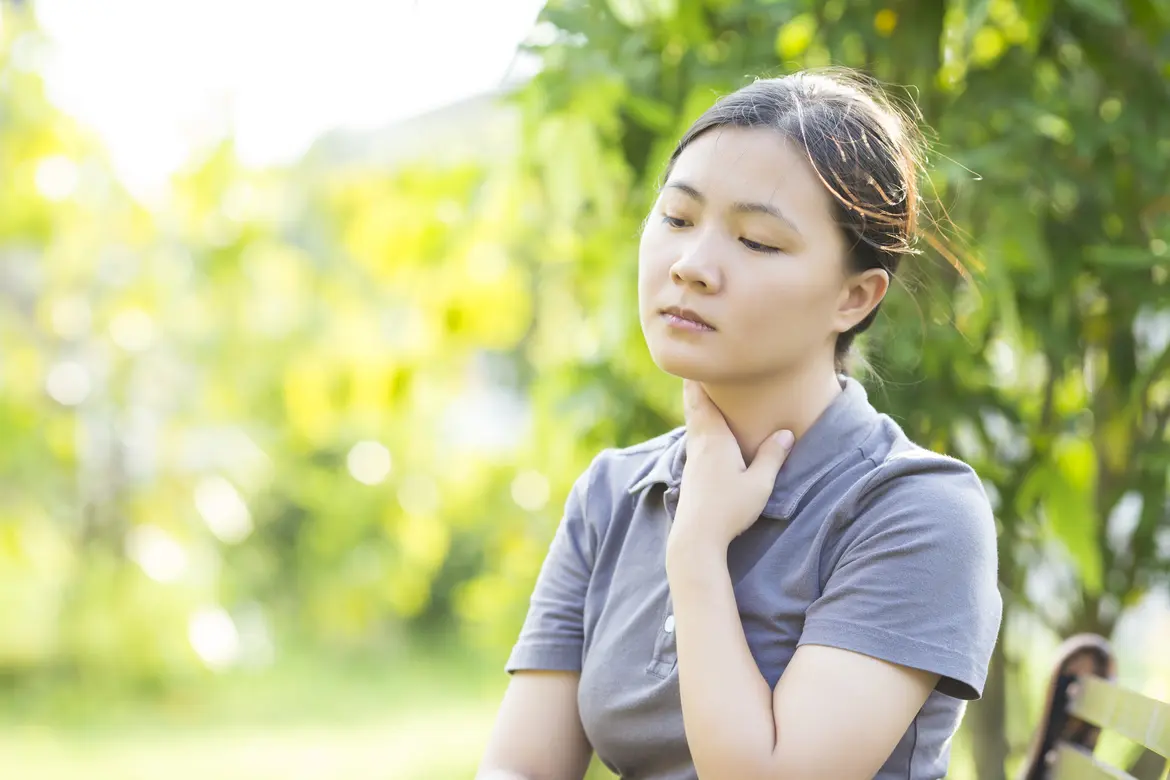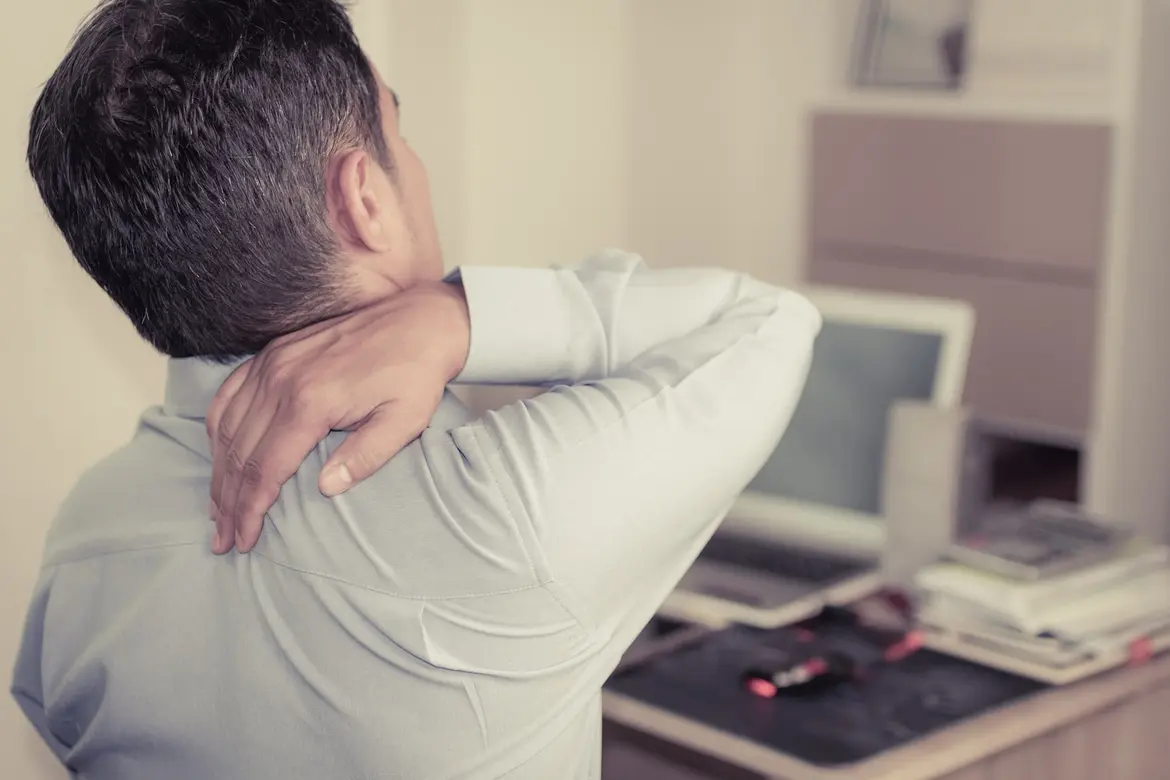Singaporeans are used to hearing about dengue, which has been endemic since the 1960s, but that is no reason for anyone to let down their guard as the 23rd week of 2023 already recorded 3, 595 cases and the current upward trend is unlikely to change.
While periodic spikes are normal, occurring every 5 – 6 years, there are also other factors involved in this upswing in dengue, which include climate change with increased rainfall and population growth as well as changes in the life-cycle and incubation period.
There are 4 dengue serotypes, which means a person can be infected up to 4 times. Although a person can develop immunity to a specific serotype after being infected, subsequent infections are more dangerous and more likely to lead to severe dengue, which is a medical emergency that affects 1 in 20 people.
Symptoms of dengue can vary with age. In young children, symptoms are usually milder while adults experience more obvious signs such as headache, fever, rashes and muscle ache. Among older persons, these signs may be less obvious but therein lies the danger – they are the ones more likely to have existing chronic conditions, require hospitalisation, and experience severe sickness or death. As 30% of those aged 60 and above have never been infected before, they would be particularly vulnerable to dengue.
Dengue is also a concern for pregnant women, as the virus can be passed on to the foetus, leading to low birth weight, premature birth or even death and the dangers extend to the mother as well - in a small study conducted on 40 pregnant women, it was found that dengue fever led to post-partum haemorrhaging in more than half of them.
If you or someone you know has dengue, it is important to look out for signs of severe dengue, which usually appear 1 – 2 days after the fever has subsided. Be alert for:
- Bleeding of the gums or nose
- Blood in the vomit or stools (appears black and sticky like tar)
- Feeling very thirsty
- Feeling weak
- Having pale or cold skin
- Pain or tenderness in the abdomen
- Persistent vomiting
- Rapid breathing
- Restlessness or lethargy
A person experiencing symptoms like these should be brought to the hospital immediately, as severe dengue requires urgent care. Although there is no specific treatment, a patient may require fluids, electrolytes, and/or blood transfusions to recover.
To help protect yourself and your loved ones from dengue, there are several steps you can take:
- Prevent or destroy mosquito breeding sites (stagnant water) inside and outside the home.
- Overturn any containers that may hold water, including pails, planters and pot bases
- Change water in vases daily
- Check that roof gutters are clear
- Spray insecticides to kill adult mosquitoes
- Apply mosquito repellent, preferably ones that contain DEET (N,N-diethyl-m-toluamide), picaridin or IR3535 as the active ingredient, as these are the most effective.
- Wear long sleeved clothing and long pants to prevent bites.
- Stay informed by downloading the NEA’s myENV mobile app, which provide users with updates on dengue clusters, or log on to https://www.nea.gov.sg/dengue-zika/dengue/dengue-clusters to search for active dengue clusters by street name
- Speak to your doctor about the dengue vaccine, which is approved for those who have prior dengue infection.
At the end of the day, it is essential for everyone to remain vigilant against dengue by taking all reasonable precautions, and to seek medical advice for any unexplained fever. More importantly, any individual with signs of severe dengue – regardless of age – should be sent to the hospital’s Urgent Care Centre (UCC) for immediate care.
